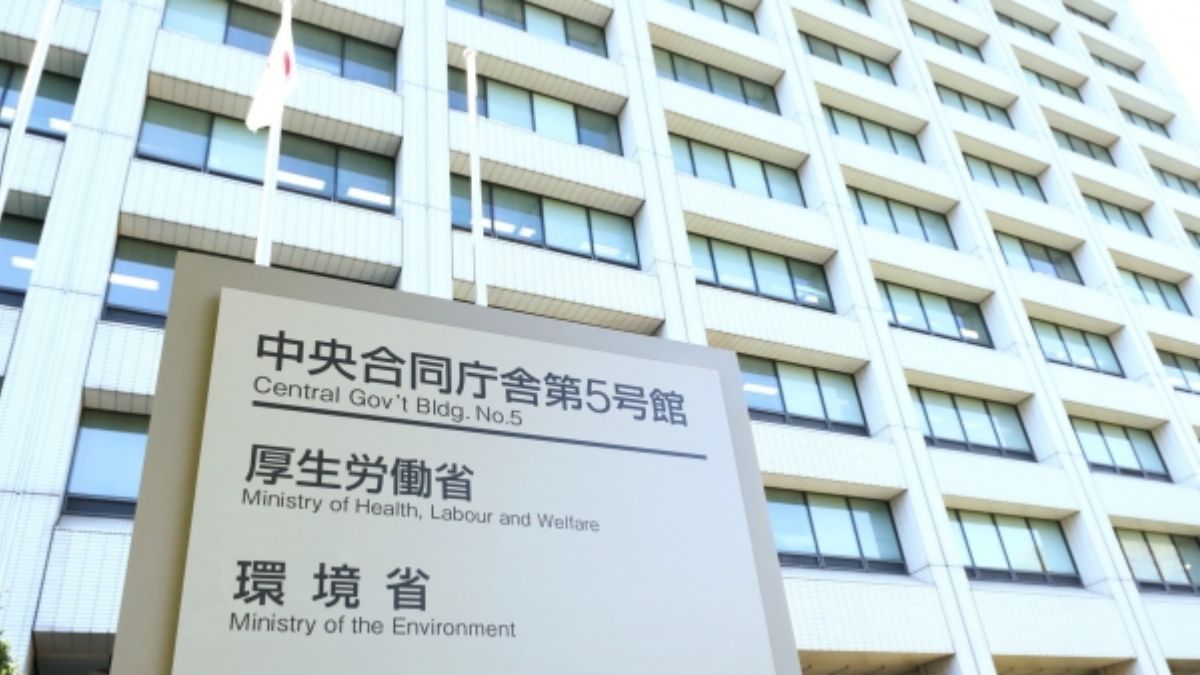Japan’s Health, Labour and Welfare Ministry has unveiled a comprehensive plan to overhaul the country’s organ transplant system, responding to a recent surge in reported organ donation refusals. The proposed reforms aim to address critical issues, including staff shortages and logistical inefficiencies, which have led to missed opportunities for life-saving transplants.
The proposed overhaul represents the first major reform of Japan’s organ transplant system in decades. Recent data has highlighted significant challenges within the system, with a troubling number of organ donations being declined at hospitals due to inadequate staffing and other operational hurdles.
Central to the reform is a proposal to bolster training programs for medical professionals involved in organ transplants. The ministry aims to increase the number of skilled staff to handle the complexities of organ donation and transplantation more effectively. The plan includes establishing a national body to oversee organ transplant coordination. This entity would streamline the allocation and management of donor organs, ensuring they reach recipients promptly.
The reform package also calls for significant improvements in the infrastructure supporting organ transplantation. Investments in technology are expected to enhance tracking and management processes, aiming to reduce inefficiencies in the system. To address the issue of donor registration, the ministry plans to launch a nationwide campaign to educate the public about the importance of organ donation. The goal is to encourage more people to register as donors and increase the overall pool of available organs.
The proposed reforms are now subject to a period of review and consultation. The Health, Labour and Welfare Ministry has pledged to collaborate with healthcare professionals, patient advocacy groups, and other stakeholders to refine the plan and ensure its successful implementation.

